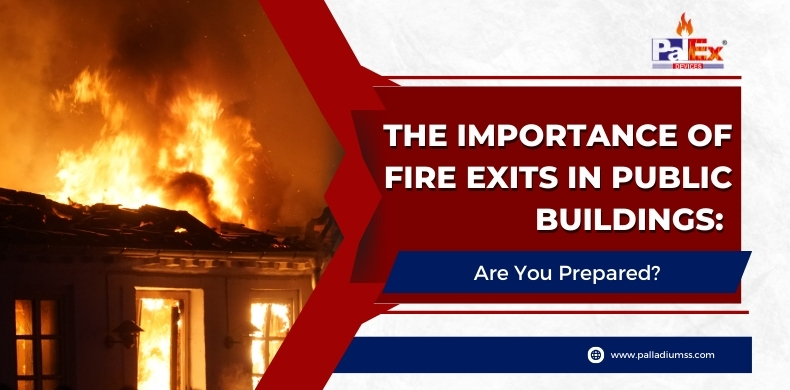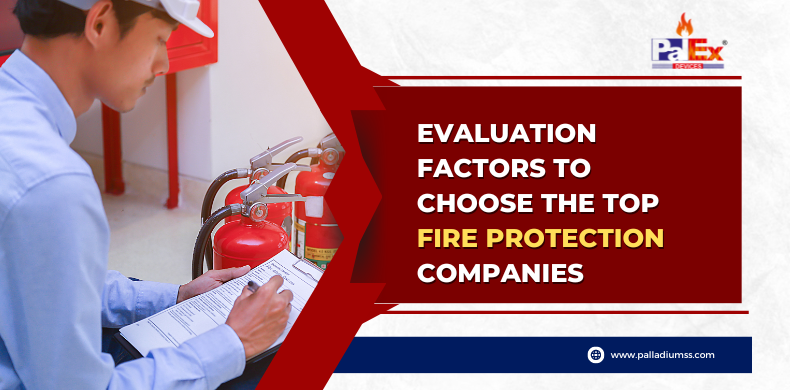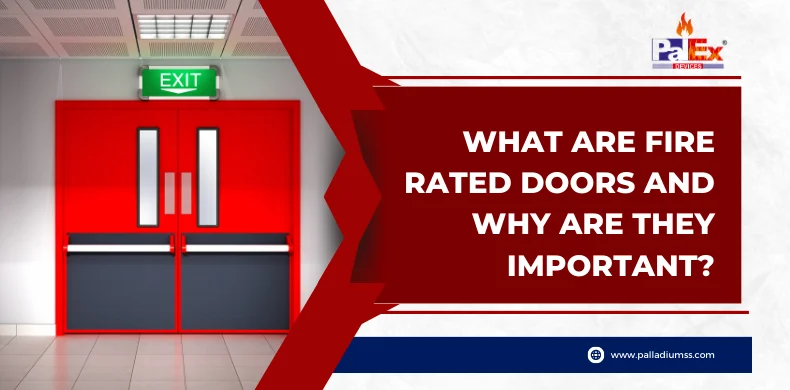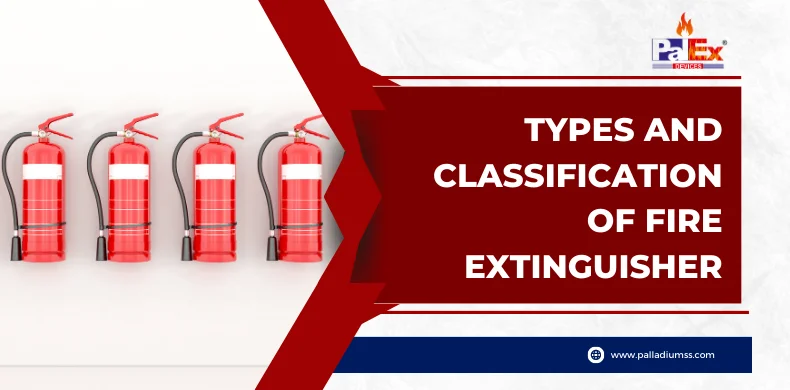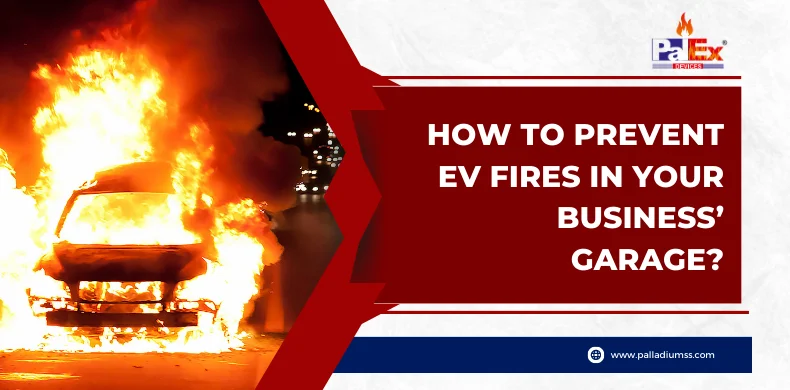In our everyday lives, we often visit public places such as shopping centers, cinemas, work buildings and educational institutions. When we are involved in our activities there, most of us don’t notice an essential element of these structures – the fire exit doors. Even though they appear unimportant, when a crisis occurs, these simple exits can determine whether we live or die. This article investigates the critical importance of fire exits and illustrates why readiness is fundamental for everyone’s safekeeping.
The Life-Saving Role of Fire Exits
Fire exits are lifelines made to give a secure and effective way of escape in the time of emergencies. During an uncontrolled situation like fire or other disasters, properly kept and well-planned fire exits can significantly improve chances of survival. These provide a direct, open route towards safety when main exit routes possibly cannot be used or reached.
Key Features of Effective Fire Exits
Fire exits that function well have a few important features. They need to be marked in an obvious manner with lighted signs that can still be seen when there is smoke. The symbols on these signs must be understood by everyone, usually showing a person running and an arrow pointing towards the exit’s location. It is necessary that fire escape routes are always easy to reach, not being hindered by things like furniture or any other barriers.
Construction and Placement
Doors for escaping fire are usually constructed with materials that resist flames and aim to decrease the quick spreading of smoke or flame. These doors must have a panic bar for simple opening, always open towards the outside so as no crowd gets stuck. It’s necessary according to building rules that these escape routes should be placed in such a way throughout any structure making sure there isn’t too long a distance from an exit anywhere inside it.
Maintenance and Inspection
Maintaining the fire exit regularly is very important for its effectiveness. This involves ensuring that doors can be opened without problems, alarms are in working condition, and routes of escape are unobstructed. Managers of buildings must carry out inspections often and quickly fix any issues so exits will work right when required.
Legal Requirements and Building Codes
In the majority of nations, it is a legal requirement to have and look after fire exits. The laws about making buildings include particular details for fire exits like how many should be there, where they need to be placed, their dimensions and the way they are built. This law depends on elements such as how large the building is, what kind of activities take place inside it and any possible risks relating to fires.
Compliance and Responsibility
Following fire exit rules is not only a legal duty, but also an ethical necessity for those who own and manage buildings. It helps to have routine checks by officials of fire safety that are ensuring continuous compliance. However, the final accountability rests with individuals supervising the operations of the building.
The Role of Public Awareness
Through good design and upkeep of fire exits are important, their usefulness also relies on people knowing about them. We each hold a duty to know where the exits are when we go inside a public building. This small habit could help save valuable time during an emergency situation.
Individual Preparedness
Preparation involves more than simply knowing the locations of exits. It is about complying with emergency guidelines, taking part in fire exercises, and reporting any noticed safety concerns. One should not obstruct fire exits or disregard safety meetings – such minor behaviors can lead to serious outcomes during an urgent situation.
Technology and Fire Exit Safety
Progress in technology is improving safety of fire exits. Intelligent evacuation systems utilize live data to direct individuals towards the safest way out. Even in dark or smoke-filled conditions, glowing indicators can assist people find their escape route. Modern alarm systems can automatically unlock fire exits and communicate with first responders.
Innovative Approaches
Nowadays, some public buildings give apps to people that show the building designs, places of exits and instant guidance during emergencies. These advancements in technology can enhance safety a great deal but they must serve as additional aids rather than substitutes for usual fire protection practices and awareness among the public.
Also read : Why You Should Install Fire-Rated Doors in Your Buildings
Final words: A Shared Responsibility
Fire exits in public buildings hold great significance. These are vital structures capable of rescuing many lives. The effectiveness of these exits depends on good planning, routine upkeep, obeying the law and people knowing about them. As part of the community, our role in maintaining fire safety is very important. By being conscious about where we are and adopting the right processes, we support a culture of safety which benefits us all. The next occasion when you go inside a public structure, spare some time to find out where the fire exits are located.

